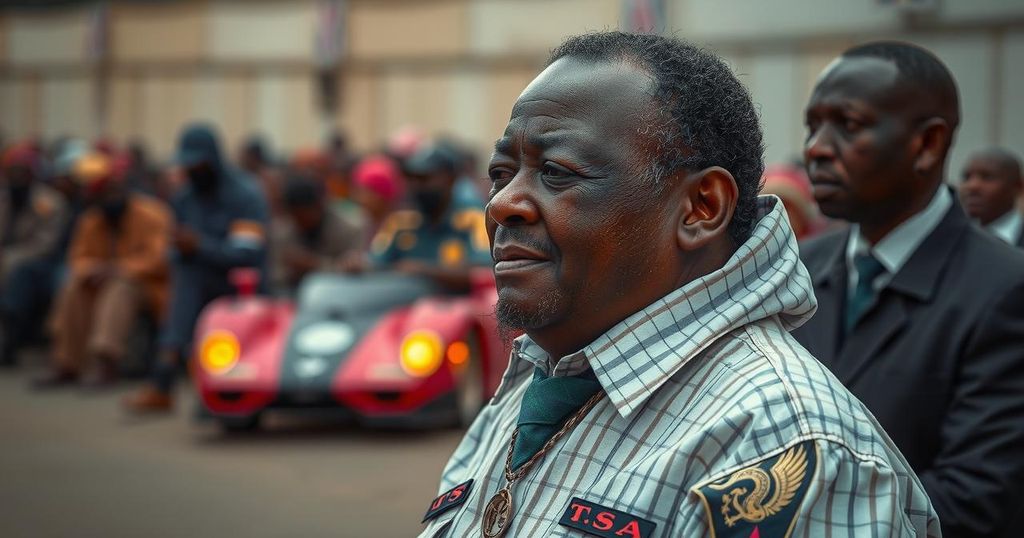Protests Erupt in Mozambique Over Contested Election Results

Mozambique is witnessing increased protests against the ruling party following a disputed election. The rallying cry among demonstrators is a song from 16 years prior, ‘Povo no Poder,’ symbolizing a renewed demand for political change. The opposition leader’s planned return from exile aims to challenge the legitimacy of the new president-elect amid rising casualties from the unrest.
Recent unrest in Mozambique has emerged following a contentious election that allegedly saw the ruling party claim victory amidst widespread dissent. Demonstrators have taken to the streets, fueled by a bold protest anthem titled “Povo no Poder” or “People in Power,” which has become a rallying cry for a disillusioned youth. As protests escalate and casualties rise, the situation grows increasingly critical with the opposition leader planning a return from exile. Their objective is to disrupt the inauguration of the president-elect, whose legitimacy remains under severe scrutiny from the populace.
The wave of protests began in response to the results of the October election, which many citizens believe were tampered with to favor the ruling party that has been in power since Mozambique’s independence in 1975. This unrest reflects deep-seated frustrations as citizens demand accountability and change, contradicting the ruling regime’s narrative of a stable and democratic governance. With hundreds reported dead, the social fabric of Mozambique is being tested as young activists mobilize to voice their demand for change.
The country’s historical context significantly shapes the current protest dynamics, as Mozambique’s long-standing ruling party has faced continuous criticism for its governance tactics, economic management, and human rights record. The recent election has rekindled memories of past political oppression and has galvanized an increasingly politically aware younger generation, ready to challenge the status quo. The revival of an iconic protest song is indicative of a broader movement, showcasing solidarity among citizens who are increasingly unwilling to accept governmental injustices.
Mozambique has experienced extensive political turmoil since gaining independence from Portugal in 1975, with the ruling party governing for nearly five decades. Recent elections have been marred by allegations of fraud and vote-rigging, leading to significant public outrage and demonstrations demanding transparency and accountability. The emergence of protest songs and youth activism signals a shift in the political landscape, challenging the long-standing authority of the government and advocating for fundamental changes in the country’s leadership and policies.
The escalation of protests in Mozambique signifies a pivotal moment in the nation’s political history, as young voices demand change from a government perceived as corrupt and out of touch. With the return of the opposition leader from exile, the impending inauguration of the president-elect faces significant uncertainty. The ongoing unrest underscores the urgency for dialogue and reform in Mozambique, as citizens increasingly assert their right to a fair and democratic process.
Original Source: thedispatch.com






